Levothryroxine Tablets
$50.00 – $150.00
Levothryroxine Tablets
Lexapro is a commonly prescribed medication primarily used to treat major depressive disorder (MDD) and generalized anxiety disorder (GAD).
Levothryroxine Tablets
Lexapro is a commonly prescribed medication primarily used to treat major depressive disorder (MDD) and generalized anxiety disorder (GAD). Here’s a breakdown of its description, uses, side effects, and warnings:
Description:
- Lexapro is the brand name for the generic drug escitalopram, which belongs to the class of medications known as selective serotonin reuptake inhibitors (SSRIs).
- It is available in tablet form, typically film-coated, and comes in various strengths such as 5 mg, 10 mg, and 20 mg.
- Lexapro tablets are usually round and white or off-white in color.
- The tablets are designed for oral administration.
Uses:
- Major Depressive Disorder (MDD): Lexapro is FDA-approved for the acute and maintenance treatment of MDD in adults and adolescents aged 12 to 17 years.
- Generalized Anxiety Disorder (GAD): It is also FDA-approved for the acute treatment of GAD in adults.
- Off-label Uses: Lexapro may be prescribed off-label for other conditions such as panic disorder, social anxiety disorder, and obsessive-compulsive disorder (OCD), based on healthcare provider discretion.
Side Effects:
- Common Side Effects: These may include nausea, drowsiness, insomnia, headache, dry mouth, and constipation. These side effects often subside as the body adjusts to the medication.
- Less Common Side Effects: These can include sexual dysfunction (such as decreased libido or difficulty achieving orgasm), weight changes (either weight gain or weight loss), sweating, and tremor.
- Serious Side Effects: While less common, some serious side effects may occur, such as serotonin syndrome (manifested by symptoms like agitation, hallucinations, fast heart rate, fever, sweating, shivering, trembling, muscle stiffness, twitching, loss of coordination, nausea, vomiting, or diarrhea) and allergic reactions (characterized by rash, itching/swelling, severe dizziness, or trouble breathing).
Warnings:
- Suicidal Thoughts and Behavior: Like many antidepressants, Lexapro carries a warning about an increased risk of suicidal thoughts and behaviors, particularly in young adults and adolescents. Close monitoring, especially during the initial weeks of treatment or dose adjustments, is crucial.
- Discontinuation Syndrome: Abrupt discontinuation of Lexapro may lead to withdrawal symptoms, including dizziness, nausea, headache, irritability, and insomnia. Tapering off the medication under medical supervision is recommended.
- Drug Interactions: Lexapro can interact with other medications, including MAOIs (monoamine oxidase inhibitors), other SSRIs, SNRIs (serotonin-norepinephrine reuptake inhibitors), and certain drugs metabolized by the liver’s cytochrome P450 enzyme system. Always inform your healthcare provider about all medications, supplements, and herbal products you are taking.
- Special Populations: Lexapro may pose risks to pregnant or breastfeeding women, and dosage adjustments or alternative treatments may be necessary. Additionally, individuals with certain medical conditions, such as liver or kidney disease, seizures, or bipolar disorder, may require special monitoring or dosage adjustments while taking Lexapro.
Always follow your healthcare provider’s instructions regarding the use of Lexapro, and promptly report any concerning side effects or changes in symptoms. It’s essential to have open communication with your healthcare provider to ensure safe and effective treatment.
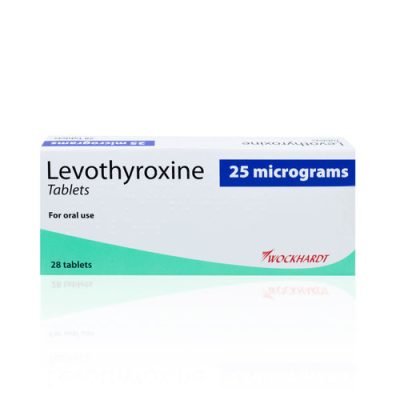
| Amount | 100 pills, 30 pills, 60 pills |
|---|
Reviews
There are no reviews yet.
Related products
Pills
Pills
Pills
Pills
Pills
Pills
Pills
Hallucinogens


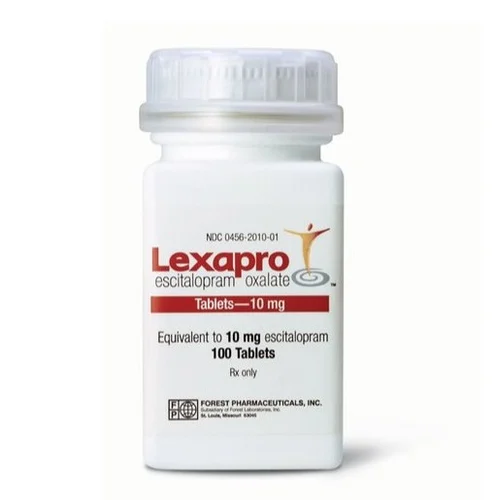
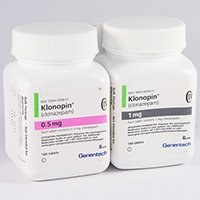

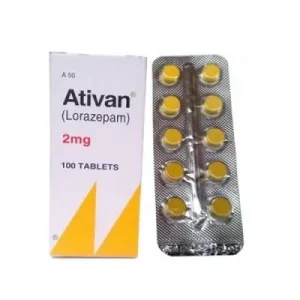


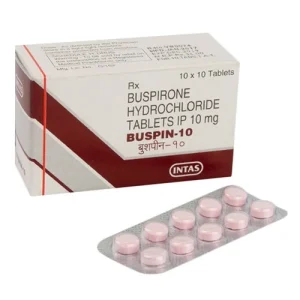
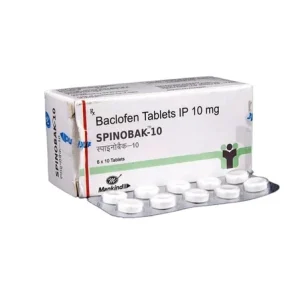
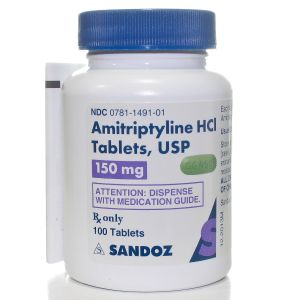


Be the first to review “Levothryroxine Tablets”